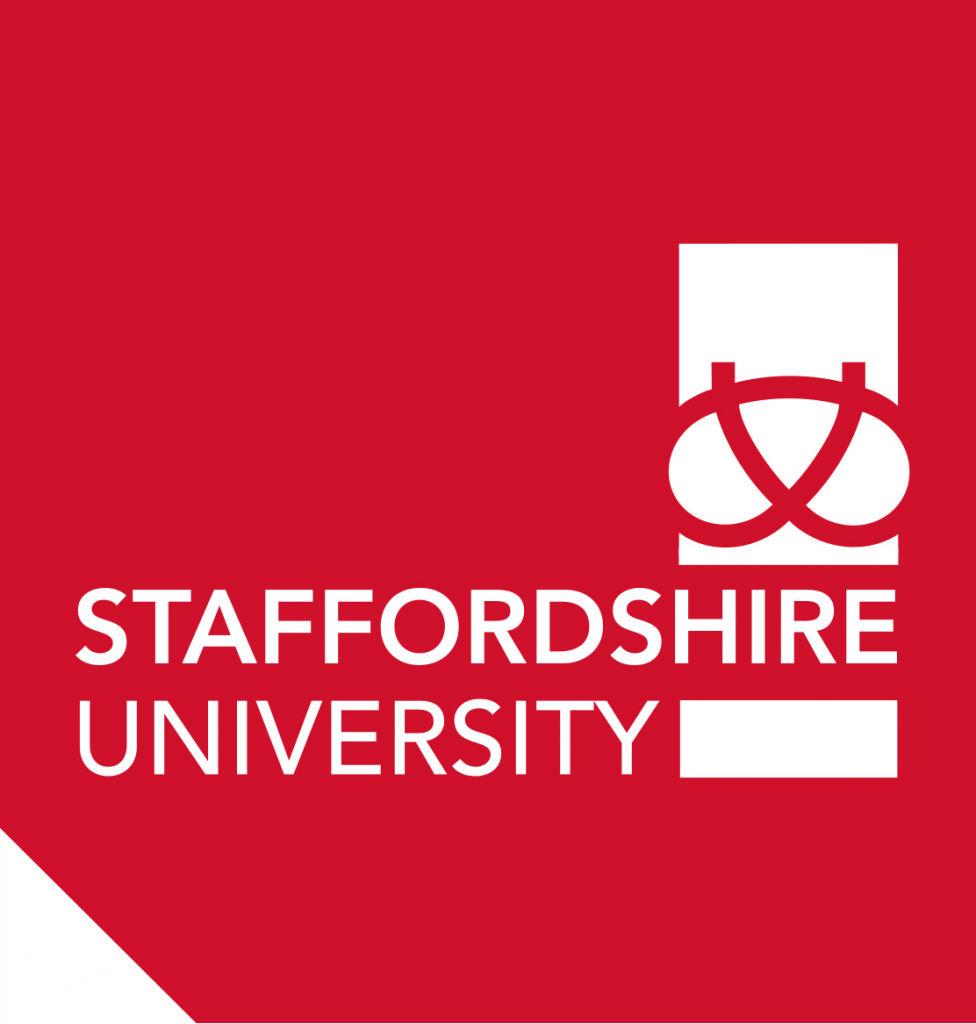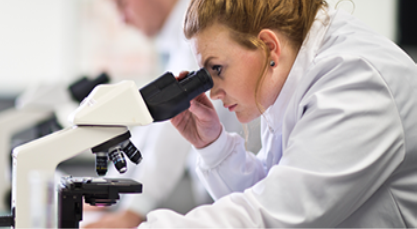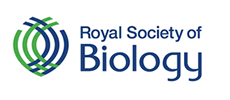A blog written by DR ARTHUR hOSIE – Course Director for Biological Science
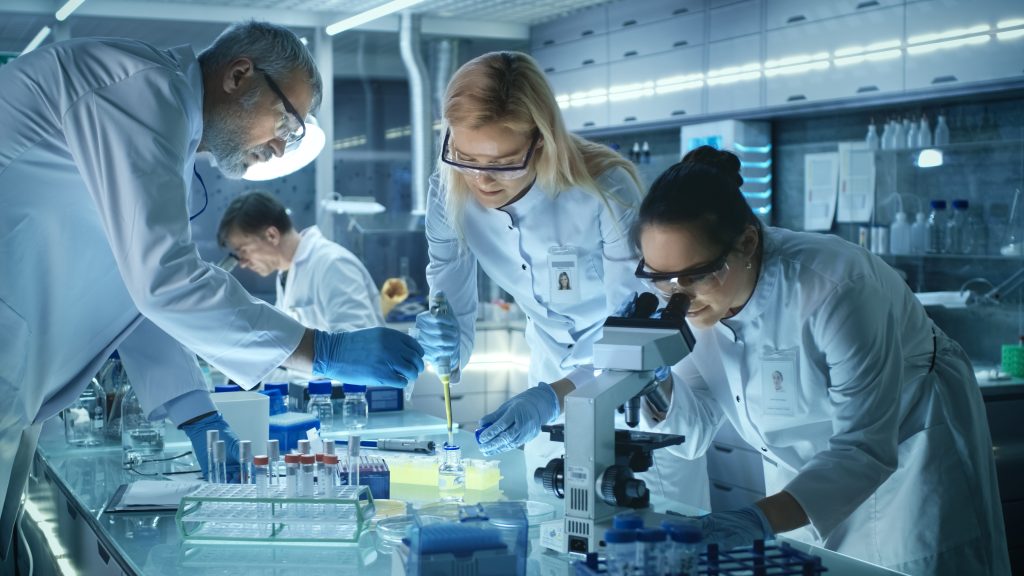
The COVID pandemic has brought many challenges for all throughout this past year, not least isolation. Aside from the impact on people’s health and the devastating loss of loved ones, the impact of separation from family and friends, in order to contain the spread of the SARS-COV-2 (the coronavirus responsible for COVID-19), has been hard to endure. But in the UK, there is a hope that perhaps we are beginning to bring COVID-19 under control and once again we may be fully reunited with those who remain. This is due, at least in part, to the success of the COVID-19 vaccine development and delivery – a victory based on years of collaborative scientific research and delivery through the NHS. The COVID vaccines are bringing us closer.
The speed of the COVID vaccine development was due to building on past research. By January 7th, 2020 the virus that became known as SARS-COV-2 was isolated and only 5 days later the genome of this virus was published enabling vaccine developers around the world to begin work on the COVID vaccines. Using information gleaned from past research on related viruses, they designed the vaccine components most likely to provide a protective response and incorporated these into previously established delivery platforms. The swift progress through the clinical trials was enabled by the rapid recruitment of volunteers in sufficient numbers to ensure the required number of participants, and the prevalence of COVID enabled the impact of the vaccines to be evaluated. The data was rapidly but thoroughly scrutinised by the regulators to ensure the efficacy and safety of the vaccines was established. Therefore, we can have confidence in these vaccines, which have already saved many lives. Although extremely rare side-effects are now suspected with some of these vaccines, the benefits of these vaccines are beyond doubt. The COVID vaccination programme in the UK has happened at pace and a very significant proportion of the population is now protected. However, a very significant proportion of our society is still vulnerable also. Therefore, for a time we need to continue other public health measures, including social distancing, wearing of masks indoors & in crowded places, hand hygiene, and regular testing and isolating when positive. There is growing evidence that the vaccines not only prevent severe COVID, but also decrease transmission. Therefore, in the coming months we will reach a threshold required to achieve herd immunity, then we can ease restrictions more. However, there are too many unknown variables to be certain when this may be achieved. We also need to be aware that risks remain – not least the threat of variants that may escape the protection the vaccines provide. Therefore, we need to be wary of global travel and the risk of introducing such variants into the UK. Until the international prevalence of the SARS-COV-2 is greatly reduced, this threat will remain. The solution is to ensure an adequate supply and delivery of the COVID vaccines worldwide – something that needs greater attention, and indeed action, from governments.
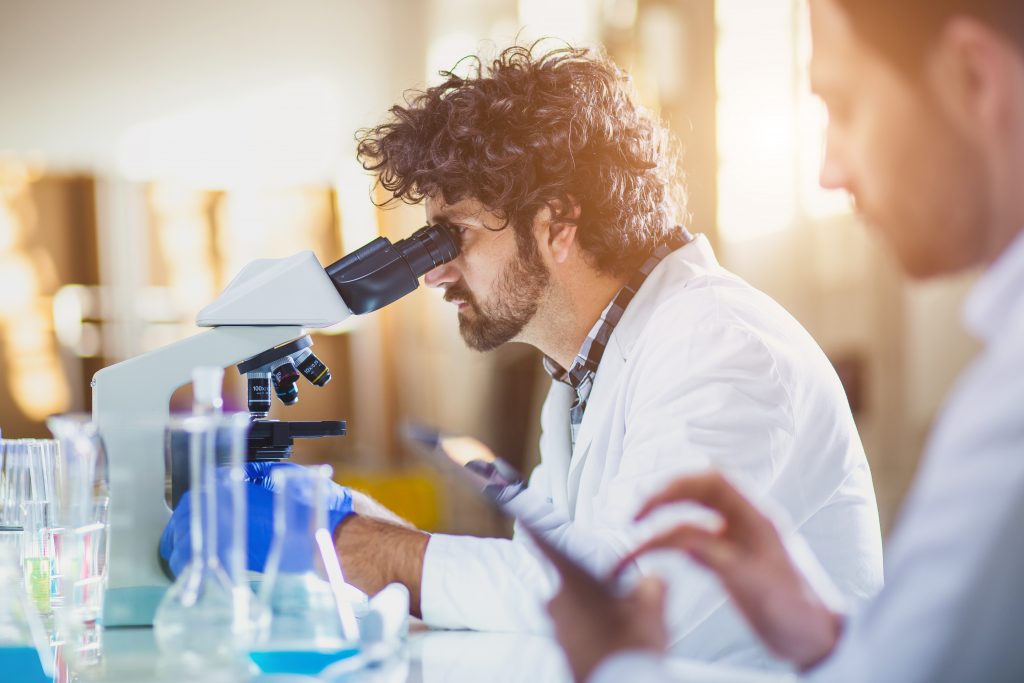
This week (April 24th to 30th) is World Immunisation Week, an annual event in which we focus on the benefits of vaccination. Together with improved hygiene and antimicrobial chemotherapy, vaccinations have transformed human and animal health, saving countless lives, and decreasing suffering throughout the world. Although this is true, it is sadly also true that health inequalities remain. We must seek to ensure these benefits of vaccines are available to all and that none are left behind due to mistrust in vaccines, due to lack of access to affordable vaccines or due to vaccines not being available for dominant infections in their location. We need people willing to step up to the challenge, to lead and innovate to ensure pandemic preparedness, but also to overcome the avoidable infections that remain commonplace in some communities. We need biological and biomedical scientists to lead further research, appropriately funded in collaboration with the public and private sectors; we need appropriately supported healthcare workers to deliver the vaccination programmes; and we need the leaders of tomorrow to be ready to make the difficult public health choices for the benefit of our global community. The theme of this year’s world immunisation week is “vaccines bring us closer”: let us put vaccines fully to work to make this so. Not just regarding COVID, but improving the health of everyone, everywhere throughout life.





